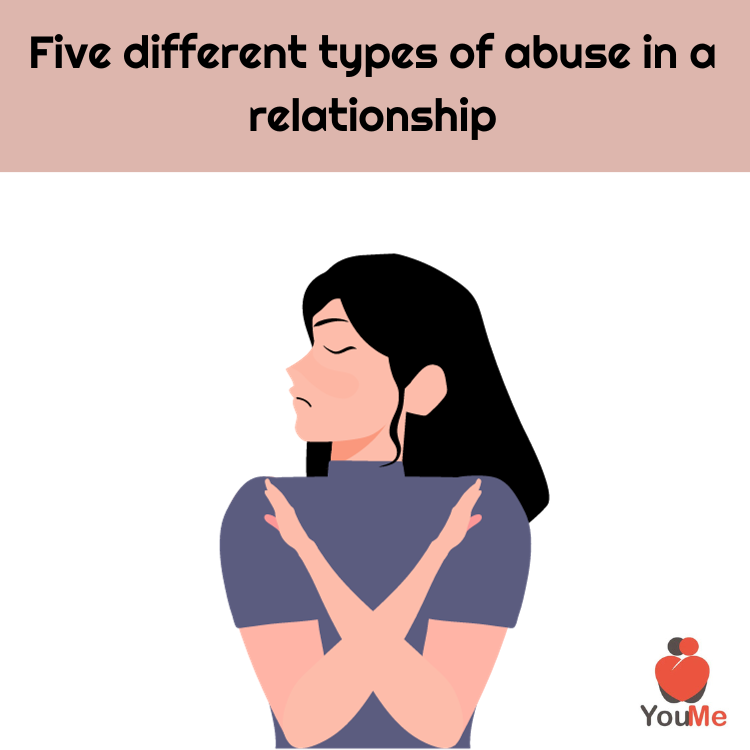Five different types of abuse in a relationship

Abuse in a relationship can take various forms, and it is important to recognize and address these issues. Here are five different types of abuse that can occur in relationships:
-
Physical Abuse:
- Involves the use of force, such as hitting, slapping, punching, or any other physical harm.
- Physical abuse can cause injuries, both visible and hidden, and may escalate over time.
-
Emotional or Psychological Abuse:
- Involves manipulation, control, and degradation of the partner's emotional well-being.
- Examples include constant criticism, humiliation, name-calling, threats, and intimidation.
- Emotional abuse can be subtle but has a significant impact on the victim's mental health.
-
Verbal Abuse:
- Consists of using words to control, criticize, or demean the partner.
- Verbal abuse can include yelling, screaming, swearing, and making hurtful comments.
- It can erode the victim's self-esteem and create a toxic environment.
-
Sexual Abuse:
- Involves any non-consensual sexual activity or coercion within a relationship.
- This can include rape, unwanted sexual advances, and forcing a partner into sexual acts against their will.
- Consent is crucial in a healthy relationship, and any violation of it is a serious issue.
-
Financial Abuse:
- Involves controlling the partner's financial resources to limit their independence and decision-making.
- This may include restricting access to money, demanding financial accountability, or preventing the partner from working.
- Financial abuse is a form of power and control that can trap the victim in the relationship.
It's important to note that these forms of abuse can often coexist within a relationship, and the impact on the victim can be severe. If you or someone you know is experiencing any form of abuse, it's crucial to seek support from friends, family, or professional resources such as domestic violence hotlines or counselors. Leaving an abusive relationship can be challenging, and support networks are essential in providing assistance and understanding.
Comments
No Comments!